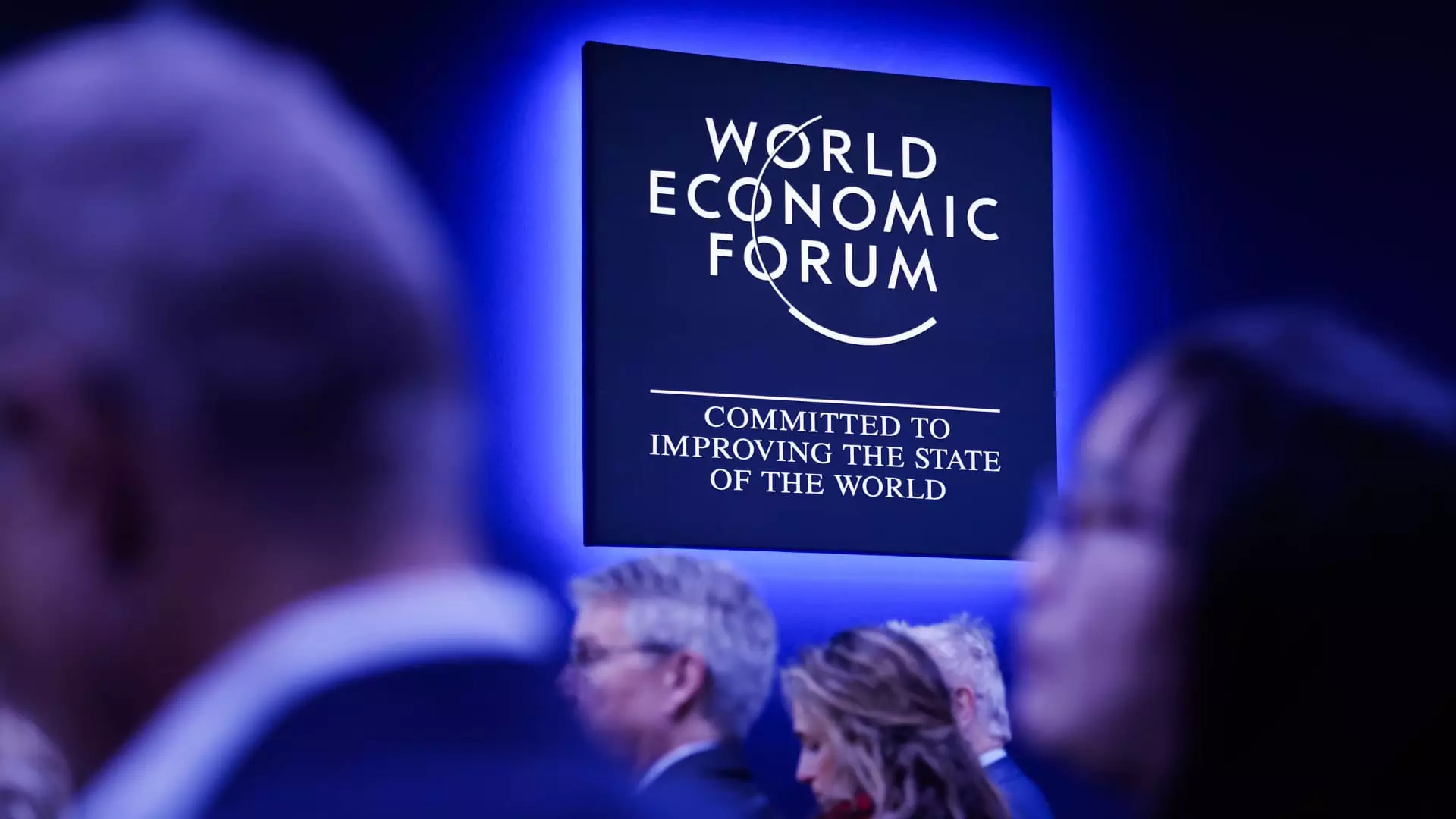At this year’s World Economic Forum (WEF) in Davos, Switzerland, the spotlight has been squarely on the triple pillars of diversity, equity, and inclusion—collectively known as DEI. This focus reflects broader societal shifts and ongoing debates, especially among political leaders and business executives. The administration of former President Donald Trump, for instance, has been vocally against what he termed “discriminatory diversity, equity, and inclusion nonsense,” signaling a potential pivot in corporate and governmental approaches to DEI. As these divergent views come to the fore, the future of DEI policies within organizations hangs in the balance, raising questions about adaptability in the face of political winds and stakeholder expectations.
Recent remarks by Trump during a virtual appearance at WEF highlighted an aggressive stance against existing DEI frameworks. With the signing of an executive order to dismantle federal DEI initiatives, the implications resonate well beyond government employers. Trump’s hints at extending this order to private institutions could lead to significant shifts in corporate America, where DEI initiatives have increasingly been seen as integral to fostering inclusive workplaces. This political environment creates uncertainty for organizations that have invested in diversity initiatives and provide a counter-narrative to ongoing public conversations about equity and representation.
In the wake of political changes, business leaders gathered in Davos shared a spectrum of sentiments regarding the future of DEI. While the lingo may fluctuate, many executives remain committed to core company values that champion diversity and community engagement. For instance, leaders from Nasdaq and various firms outlined their unwavering commitment to building inclusive cultures, asserting that diverse perspectives fuel creativity and drive better business outcomes. This suggests a potential disconnect between political rhetoric and the practices that many businesses have come to embrace as essential for performance.
Despite a clear commitment to diversity among many corporate leaders, a prevailing concern emerged regarding the perception of DEI initiatives. Some executives noted that public perception has soured on certain DEI programs, suggesting that the backlash stems from a subset of initiatives that fell short of expectations. This critique highlights the need for organizations to assess the effectiveness of their DEI strategies. Rather than abandoning the concept altogether, companies should consider refining their DEI efforts for greater impact while still adhering to principles of equity and inclusion.
The argument for embracing diversity is not solely rooted in ethical considerations; it is underpinned by concrete data reflecting improved business performance. Leaders pointed to studies demonstrating that organizations with diverse teams typically exhibit higher productivity and lower risk profiles. Such findings are critical, particularly in high-stakes industries like artificial intelligence, which necessitate innovative thinking and diverse viewpoints. As organizations navigate through potential legal and operational reforms, the imperative remains: fostering diverse teams is not just a civic responsibility; it is a driver of business success.
The World Economic Forum serves as a critical juncture for grappling with the complexities surrounding DEI. As political discourse evolves and public sentiment shifts, organizations are faced with the task of navigating a multifaceted landscape while holding on to their commitment to inclusivity. The conversations taking place in Davos reveal that while there may be pushes to alter the narrative surrounding DEI, the underlying benefits of diversity in business remain universally acknowledged. Ultimately, as some initiatives face scrutiny, the onus will be on corporate leaders to communicate the value of diversity effectively and to redefine their strategies to contribute meaningfully to a more equitable and inclusive future. The evolution of DEI policies may require adaptability, but the foundational belief in its importance is likely to endure through the challenges ahead.

